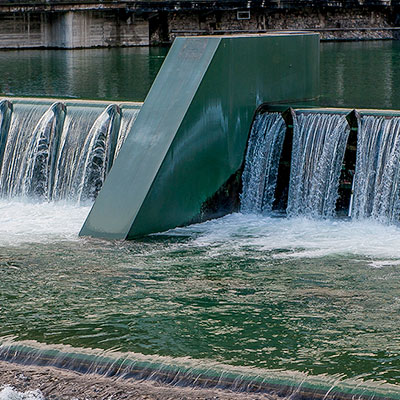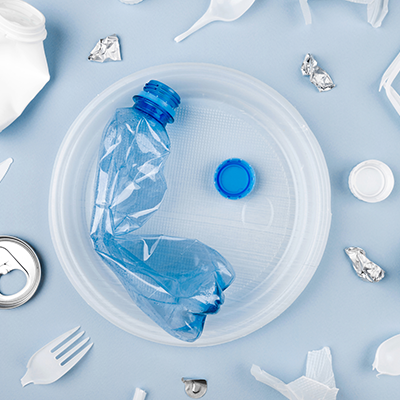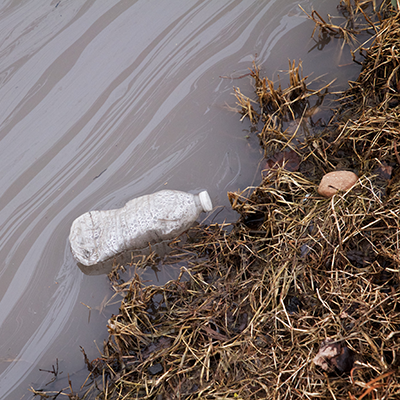
Choosing the best whole house water system for your home.
Many factors can impact the quality of your water. Properly diagnosing your water problems will help you select a whole house water system that addresses your specific needs.
Ask yourself…
Does my water smell or taste bad?
Is my skin and hair dry?
Is my shower head always dirty?
Each of these problems are commonly connected to issues with chlorine, hard water and other impurities.
It’s also important to know the source of your water. Municipal water will have varying degrees of chlorine and chloramines. In some areas there’s more chlorine in tap water than a swimming pool! You may live in a city prone to boiler alerts. If you get your water from a well, then you are responsible to monitoring the safety of your own water and will need to take extra precautions against bacteria.
Always test your water prior to purchasing a system. It’s important to know exactly what’s in your water to pinpoint your filtering needs. Completing a water test is quick and easy. Make sure you use a third party lab test.
Asking the right questions and testing your water will ensure you get the exact whole house water system you need.

As with anything in your home, it’s important to ask: what is this costing me in the long run? Think of your water system like any other major appliance for your home. It’s better to invest for the long term, rather than a quick fix. While it may be tempting to buy the water system with the smaller price tag, those systems probably won’t last you as long, or solve as many water problems as a high quality system.
Look for a full service company. While it’s possible to buy water systems online, it typically means you will need to hire a plumber to install the system, or install it yourself. Buy from a company that installs your system and offers service check-ups. This gives you peace of mind that your system will be installed properly and work optimally throughout the years.
Consider the cost savings! The average American spends $100 on plastic water bottles each year. So, not only will your family be saving money, but you’ll reduce your carbon footprint while enjoying healthy, quality water from every faucet! That’s a win, win, WIN!
Like with any long term relationship, you probably aren’t looking for one that’s high maintenance. Before committing to a water system, make sure you understand the expected lifetime of your system, its warranty, and any required maintenance. And how much that maintenance will cost your pocketbook.
A salt-free whole house water system will save you time and money. Salt-free whole house water systems give you clean, quality water from every faucet. Don’t be fooled by water softeners! Many water softeners use salt and come with massive salt tanks that need to be constantly refilled. Buying and hauling 40 pound bags of salt is not my idea of easy or cheap. Not to mention, salt-based water softeners don’t even filer you water…they just add salt. This means you would need to spend even more money on other filtration methods, like a reverse osmosis system, to make your water drinkable. Reverse osmosis systems require you to regularly change filter cartridges and membranes, costing you even more time and money.
While maintenance may not seem like a big deal at the beginning, it can cost you in the long run.
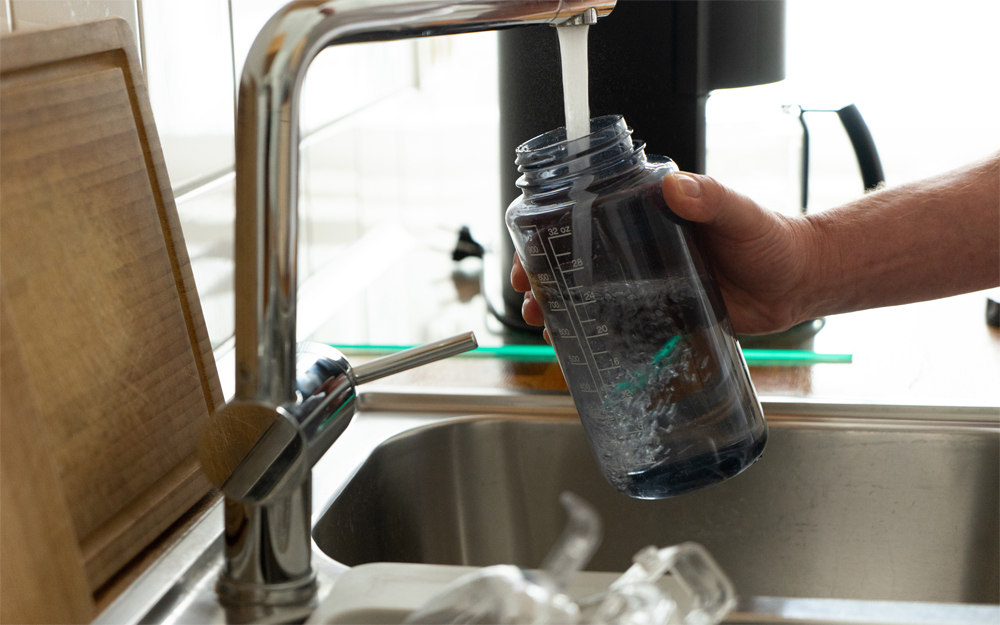
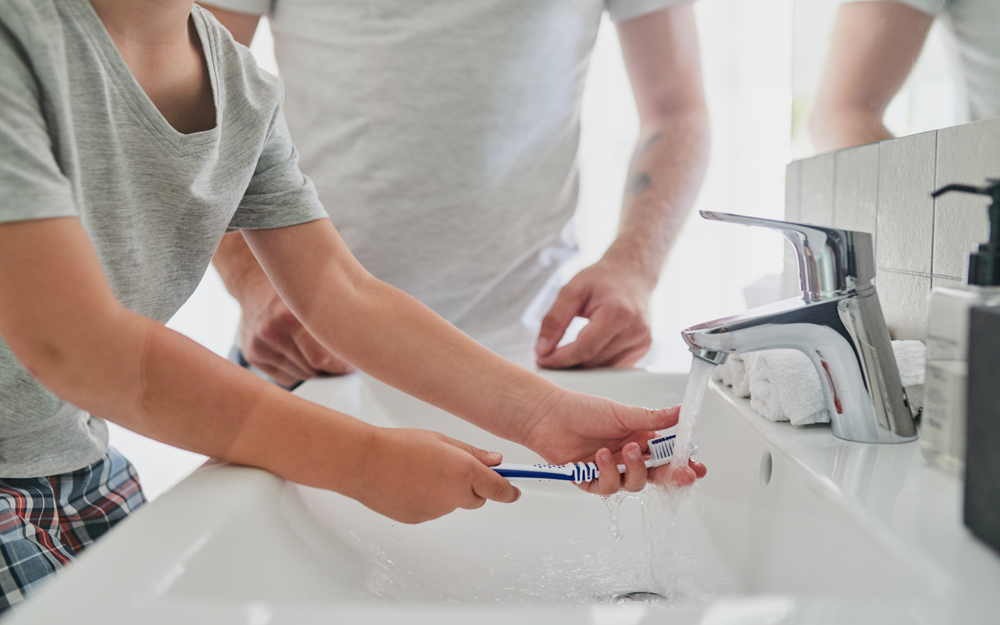
High quality water systems are tested and certified. The National Sanitation Foundation and American National Standards Institute (NSF/ANSI) has created the national standard for water filtration certifications. So, the first step is to make sure your water system has been certified by an NSF/ANSI accredited laboratory, such as The International Association of Plumbing and Mechanical Officials (IAPMO). To verify a system’s credentials, visit the website of the laboratory where the system was tested and certified.
I know, I know…it’s starting to sound complicated. But don’t worry. To make it easier, I broke down the 5 main NSF/ANSI standards you need to check for in my blog: What Does Tested & Certified Actually Mean When it Comes to Water Systems?
Quick tip, if a filtration system claims to have tested and certified “components,” that only refers to individual parts of the system. This does not necessarily mean filtration system as a whole has been tested and certified.
As you invest in your home and property, it’s important to make sure your water system adheres to city codes. Many cites have started banning water softeners. When there is excess sodium (salt) coming from home waste water, the city is unable to recycle the water for important uses like farm irrigation.
Having an eco-friendly water system means the water coming from your system’s rinse line is potable. This means your system isn’t wasting water!


